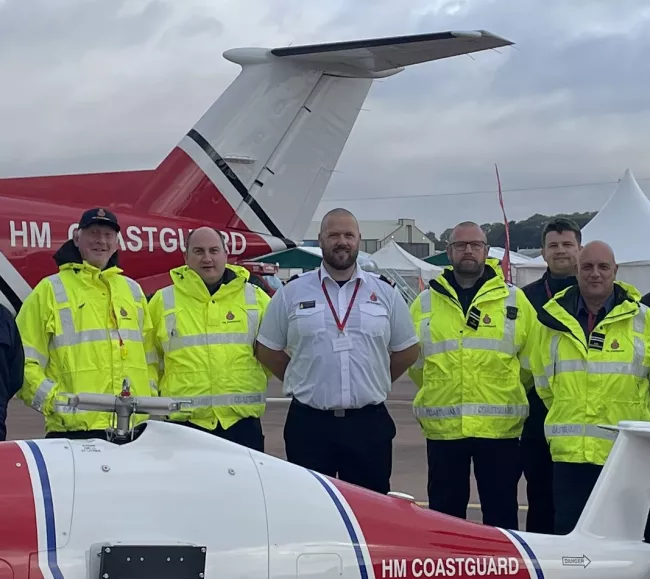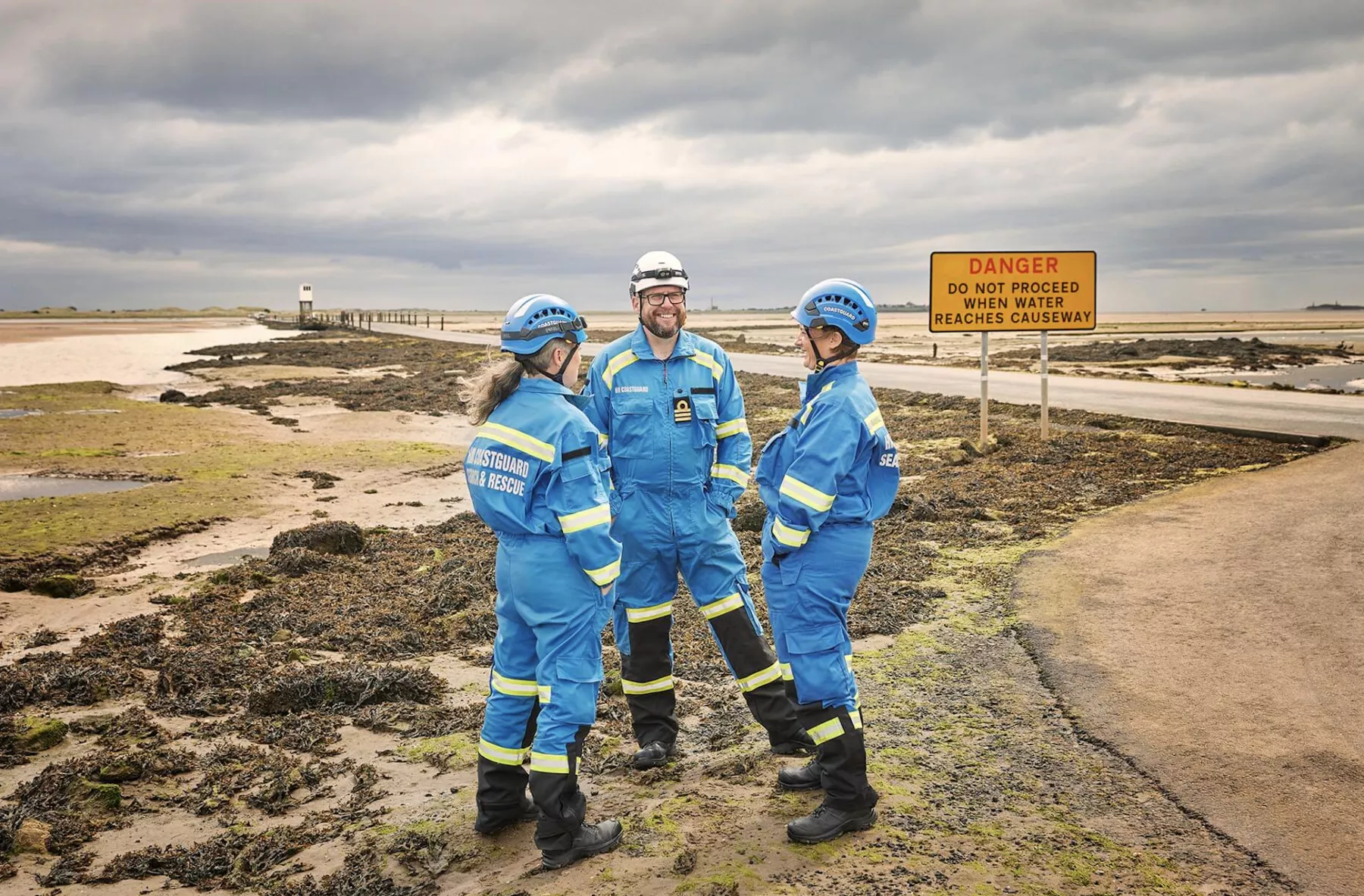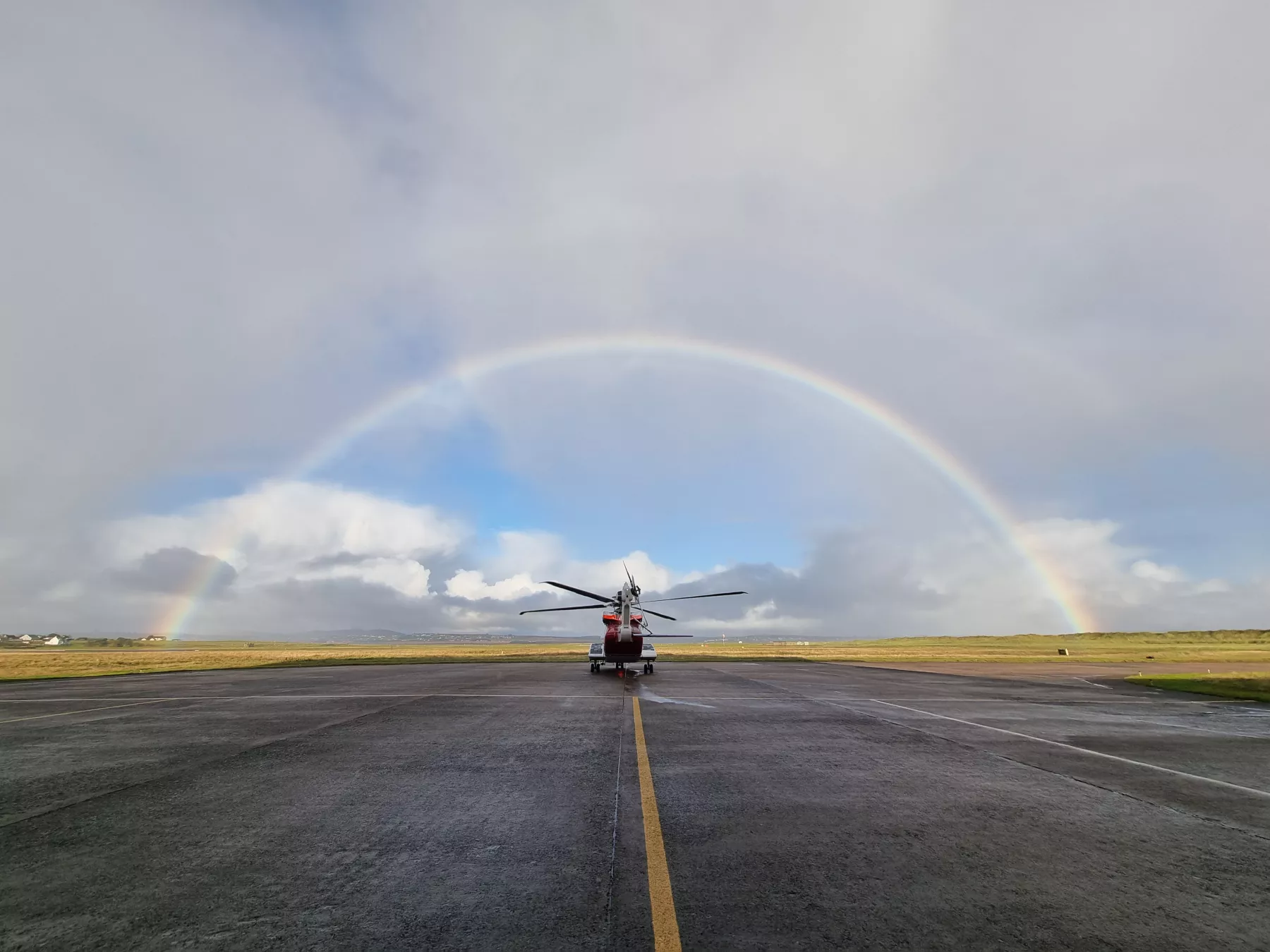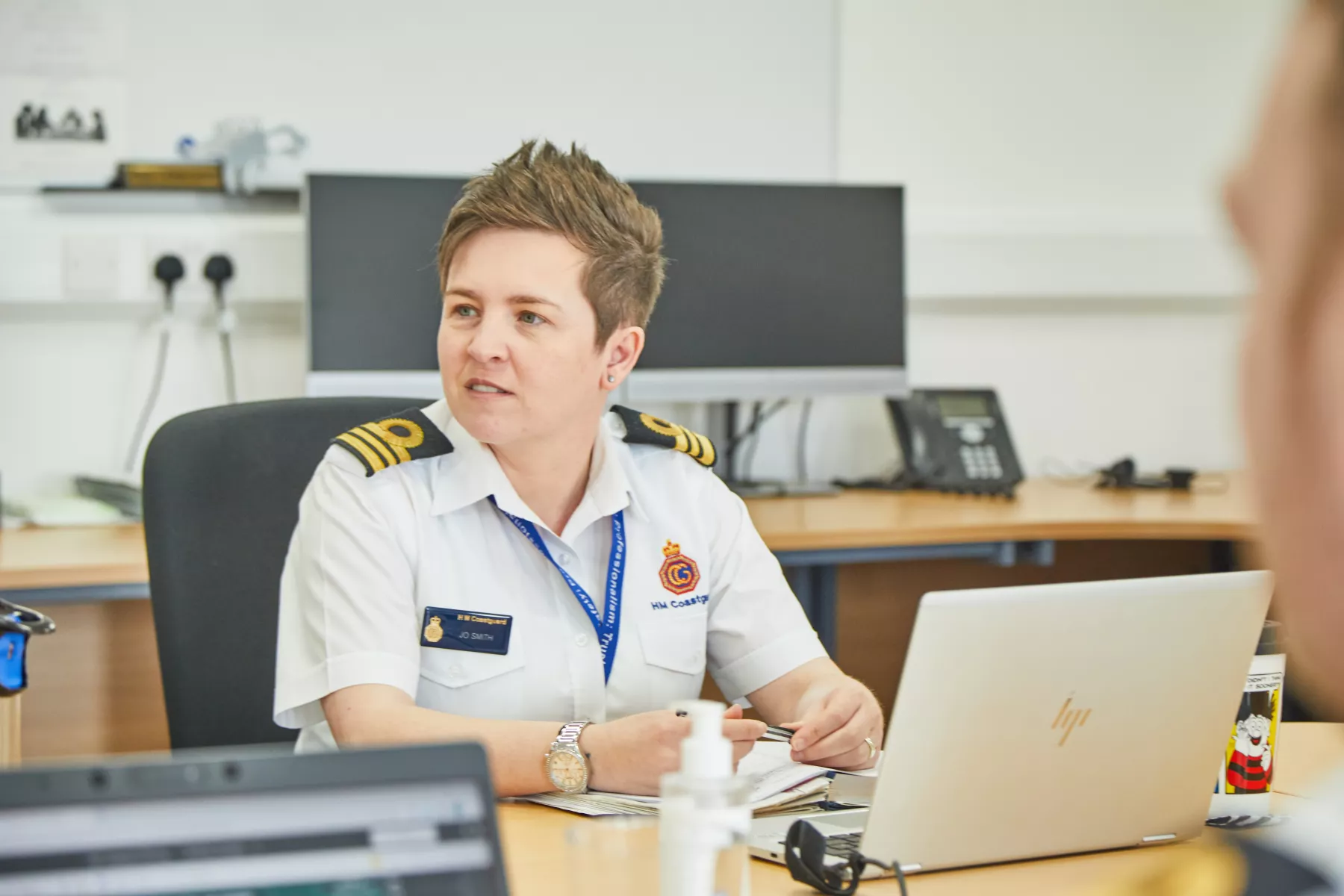HM Coastguard operations room staff are always on the end of a maritime distress call, ready to respond to whatever the emergency, with the two words that bring such relief to those in trouble at the coast: “Coastguard Rescue”.
Whether they are responding to 999 calls from the public or answering Mayday calls on Channel 16, the highly-trained staff are always prepared to coordinate a rescue.
National network
HM Coastguard operates on a UK-wide basis and, as the only national emergency service, is responsible for a Search and Rescue Region of approximately one million square nautical miles.
There are three MRCCs in England (Humber, Falmouth and Dover), as well as the Joint Rescue Coordination Centre and the London Maritime Rescue Sub-Centre, three MRCCs in Scotland, with one each based in Shetland and Stornoway as well as Aberdeen, one in Northern Ireland and two in Wales, Milford Haven and Holyhead.
Milford Haven Maritime Rescue Coordination Centre
Milford Haven MRCC is one of the two specialist rescue coordination centres based in Wales.
We have so far introduced you to Dave at Humber and Norman at Belfast and, today, it is time to travel to Wales to meet Gregg in Milford.
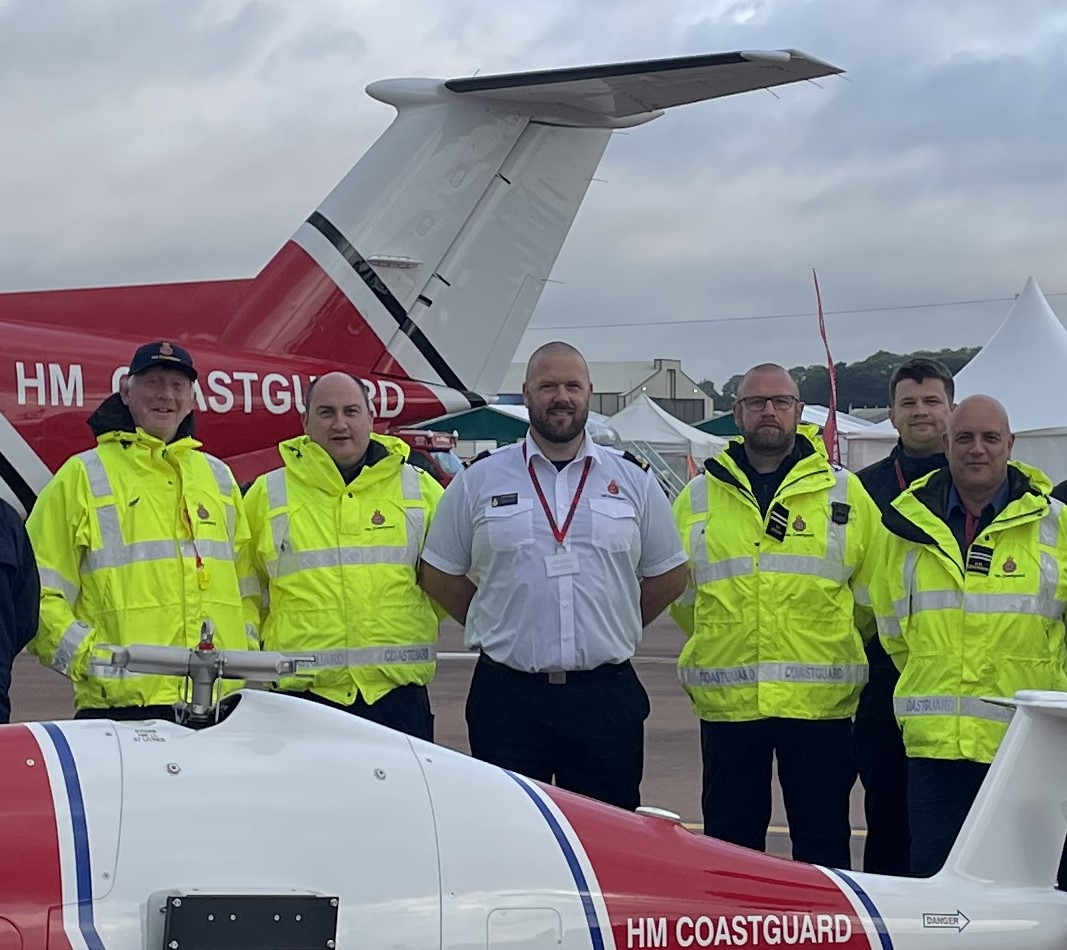
Name: Gregg
Job title: MOO (Maritime Operations Officer).
Role: March 2021. Involved with HM Coastguard since 2014
Who makes up your team?
There is a Team Leader, a SMOO (Senior MOO), 3 MOOs and 1 MOO in training on our team currently.
Gregg is both a MOO (Maritime Operations Officer) and a CRO (Coastguard Rescue Officer) and so he spends a lot of time in HM Coastguard uniform.
Why (and when) did you join HM Coastguard?
I joined HM Coastguard in March 2021 following 20 years in the oil and gas industry, which included 10 years abroad. I had finally had enough of travelling and wanted something closer to home which would give me more job satisfaction.
Do you also volunteer? If so, where and why?
I have volunteered for my local Coastguard Rescue Team, St Govans, since 2014. I started volunteering as I was working a 28/28 (day) rotation at the time and had time to spare, plus a background in industrial rope access which I figured would be good transferrable skills.
There can be a lot of satisfaction assisting people when they’re having a bad day, and it certainly helps seeing the role from both sides of the radio.
What is the most unusual incident you have responded to?
I think the most unusual for me was when a man repairing a caravan called to say the owner had just phoned him to say she was drifting out to sea on a paddleboard. He gave us her number and we called her, she then confirmed she was drifting out to sea and had called the first person in her phone to raise the alarm. Obviously, we would advise calling 999 if in trouble but, ultimately, raise the alarm by any means possible!
Are you a lover of the sea? Why?
It’s difficult to live in a coastal area and not be a lover of the sea. The only negative to living in Pembrokeshire is that whenever you go on holiday, all the other beaches look average at best!
What do you enjoy most about being a member of the team?
I particularly enjoy the variety and camaraderie of the role. You never know what each day will bring and have to be on your toes and ready to react to any eventuality.
What new skills have you learned in your role?
As part of the training to become operational we have to cover such topics as communications, navigation, nautical knowledge and search planning amongst other things.
What is the most challenging part of your role?
One of the most challenging aspects is the rhythm of the shift. One minute you can be sat in a calm room with only routine tasks going on and the next minute it can be all hands to the pumps coordinating various SAR (Search and Rescue) assets, obtaining vital information from a first informant or assisting the SMC with search plans.
